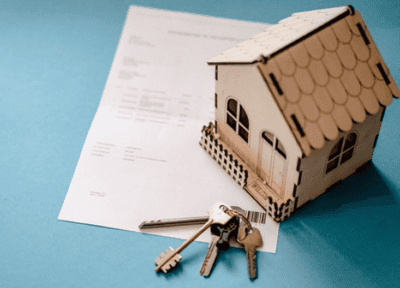If you are beginning the process of selling or buying a property, you’ll have heard about the need for a conveyancer or conveyancing solicitor to complete the legal side of things, but you may not fully understand what they do.

What is the difference between a conveyancer and a conveyancing solicitor?
Both are legal professionals who can help in the sale or purchase of a property, but a conveyancing solicitor is a fully qualified lawyer who specialises in property, whereas a conveyancer is only trained in that area.
The Solicitors Regulations Authority (SRA) regulates solicitors, while the Council for Licensed Conveyancers is the body which regulates conveyancers to protect consumers. It does this by having a set of standards which conveyancers must uphold in order to be able to provide high-quality legal services. A conveyancer can work for a firm of solicitors, in which case they would be regulated by the SRA.
While both are heavily regulated, there are some differences:
. Referral fee disclosures – Any payments made by a referring agency to a solicitor must be declared by a solicitor, while a conveyancer doesn’t have to do this.
. Qualifications – A conveyancer’s training is focused solely on property, but a solicitor is trained in all aspects of the law and their training takes much longer.
. Conflicts of interest – Conveyancers are allowed to act on behalf of both buyer and seller, but a solicitor is not allowed to do the same without informing you before you instruct them.
It may be best not to use the same conveyancer as the other party so that you can be sure they will be acting solely in your best interest. It pays to get a few conveyancing solicitors quotes from a few reputable firms such as https://www.samconveyancing.co.uk/conveyancing-quote before you decide.
Pros and cons
As a solicitor is fully trained in law, they can help if anything unexpected occurs during the process. They are, however, more expensive because of their extensive training.
A licensed conveyancer knows the ins and outs of buying and selling property as they deal with it every day, but they may only be able to deal with a straightforward transaction. If there are complications, they may need to refer you to a solicitor to sort them out.

Whatever you decide, do your research. Make sure that any law firm you instruct has experience in conveyancing and good reviews from other buyers and sellers. Watch out for any conveyancers offering an hourly rate for their work or a very cheap price. While you may save a few pounds, it could cost you more if their service is not up to scratch.

